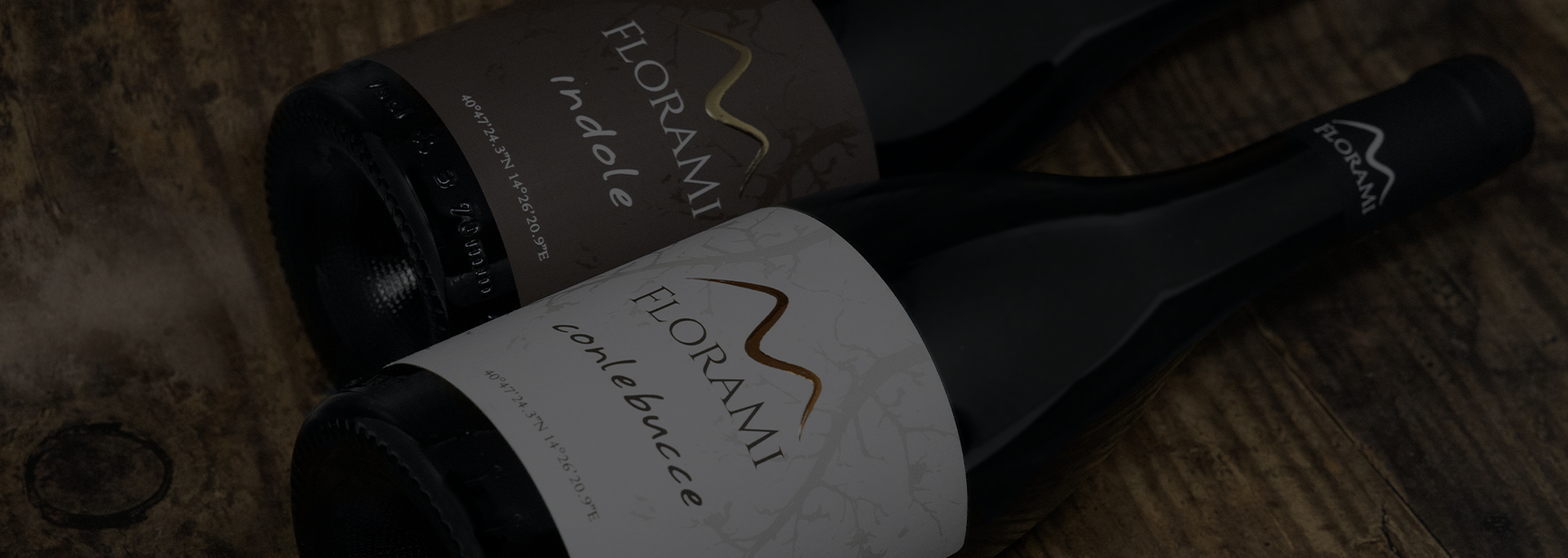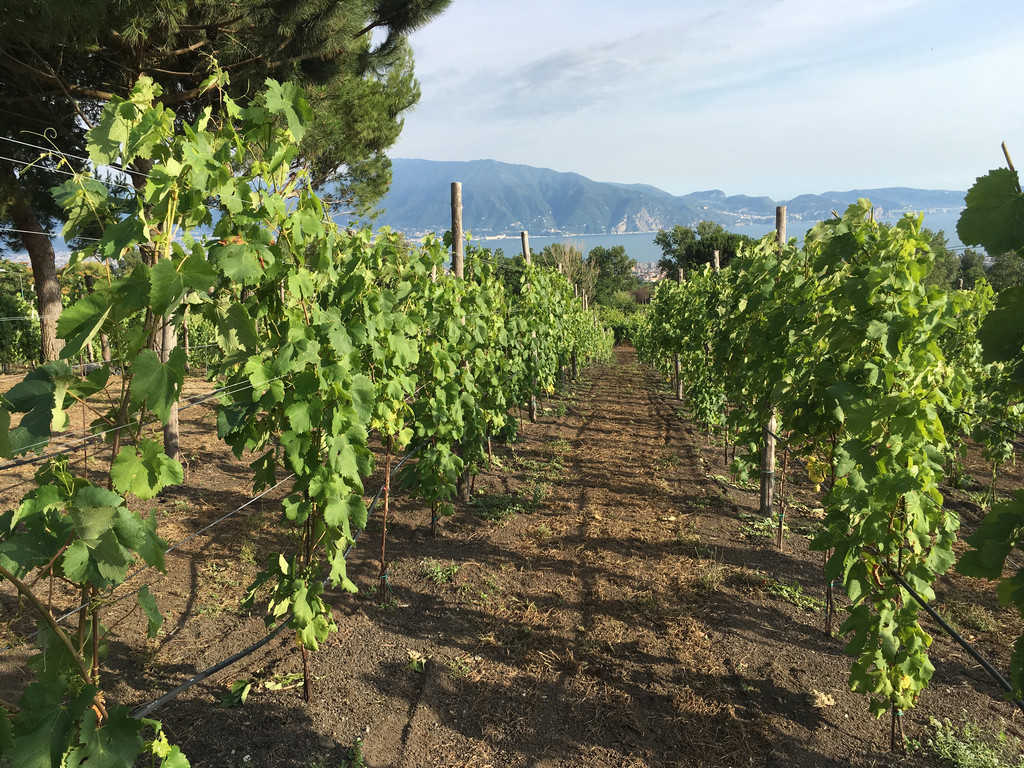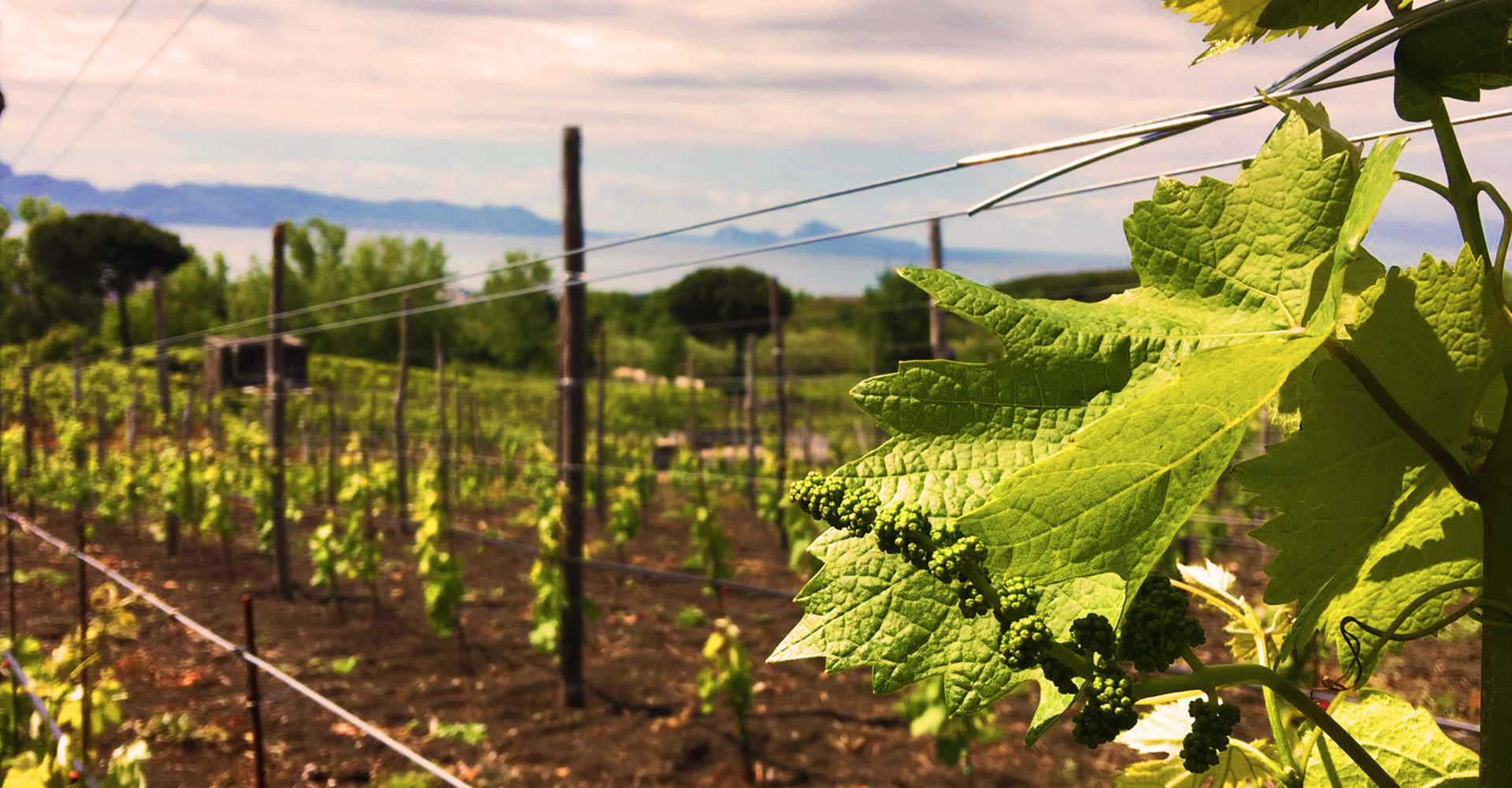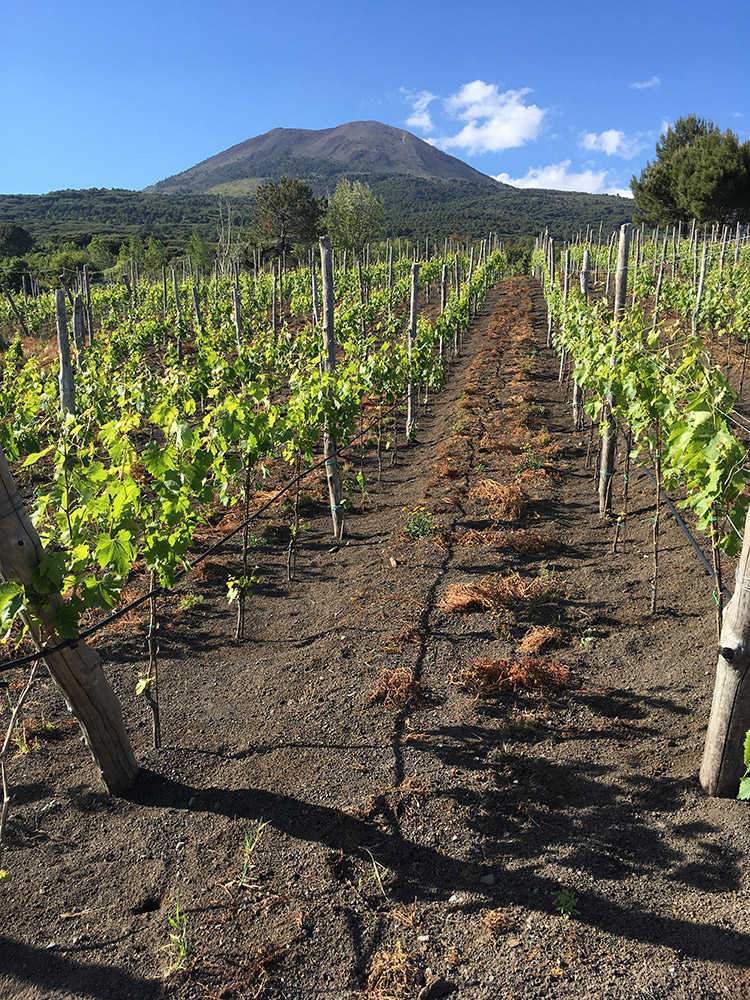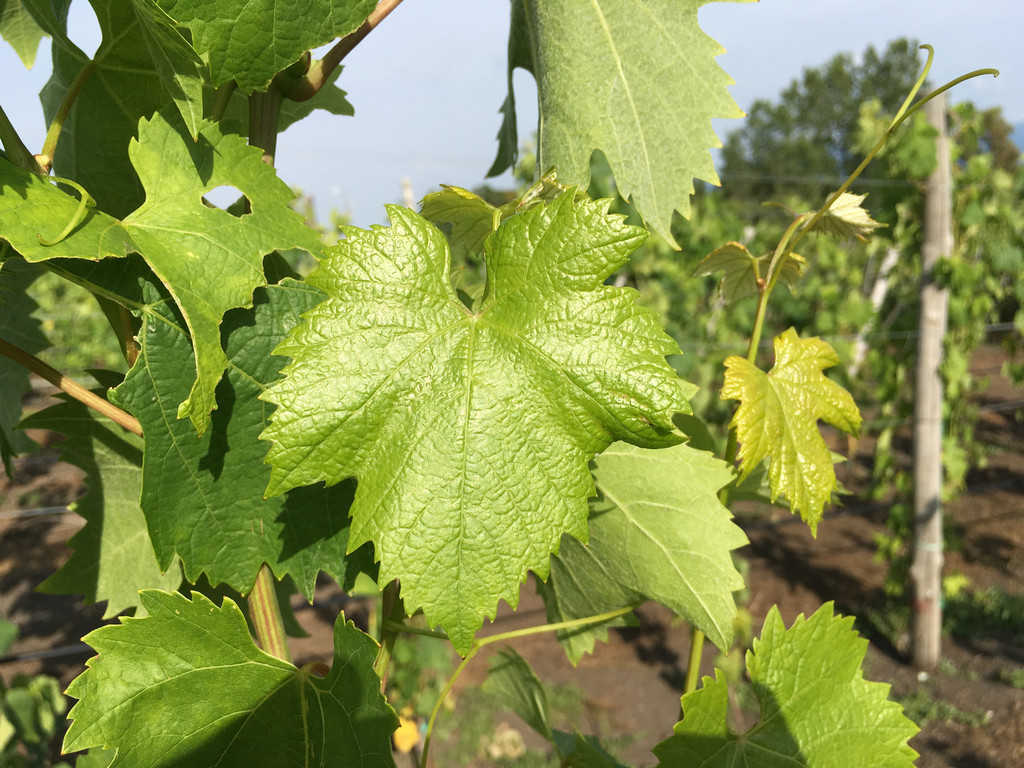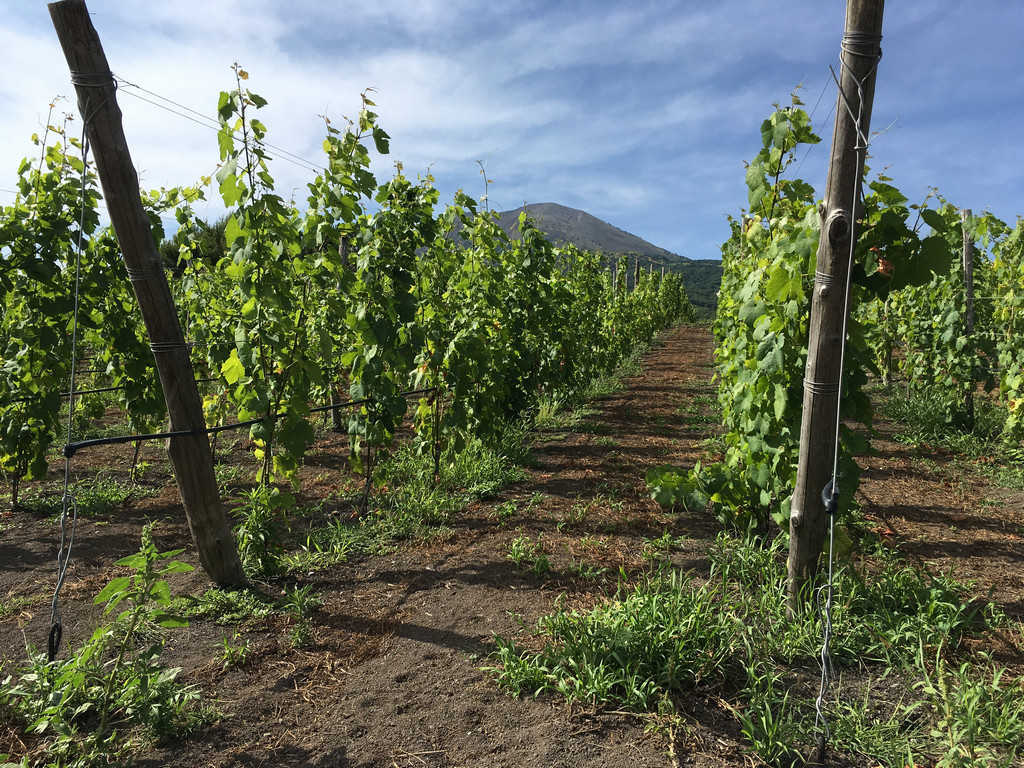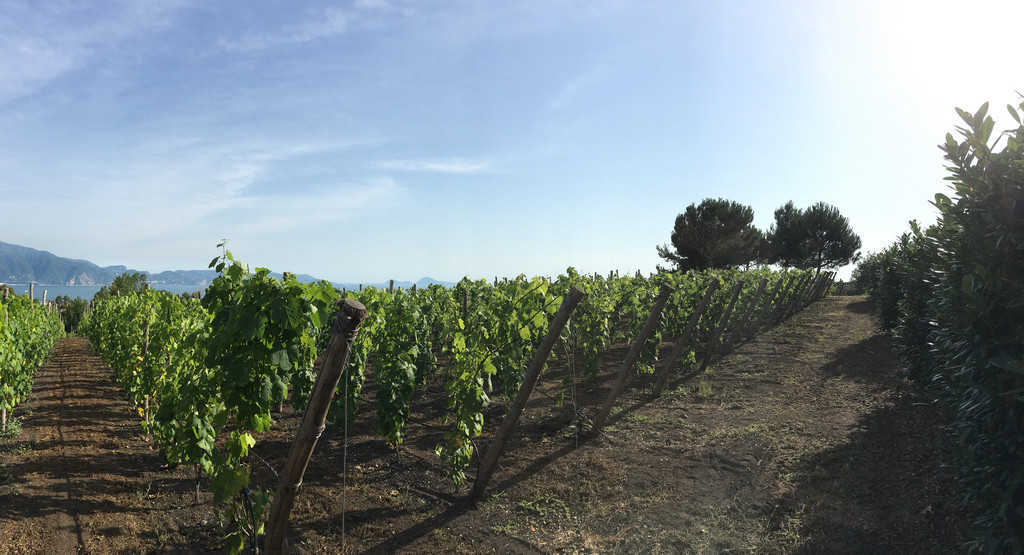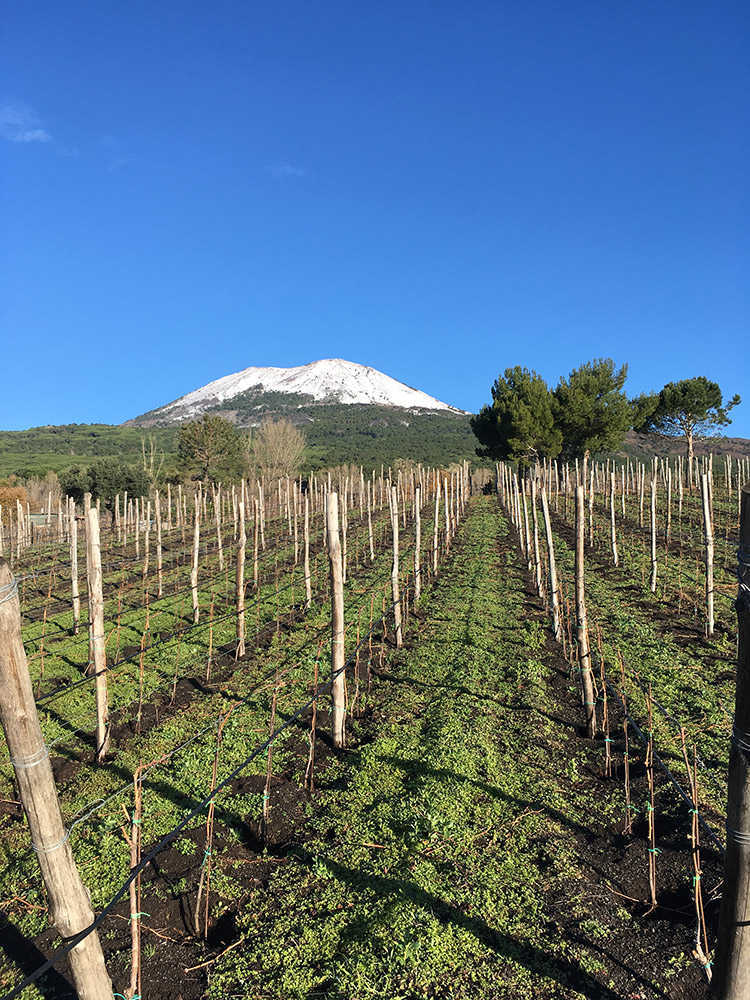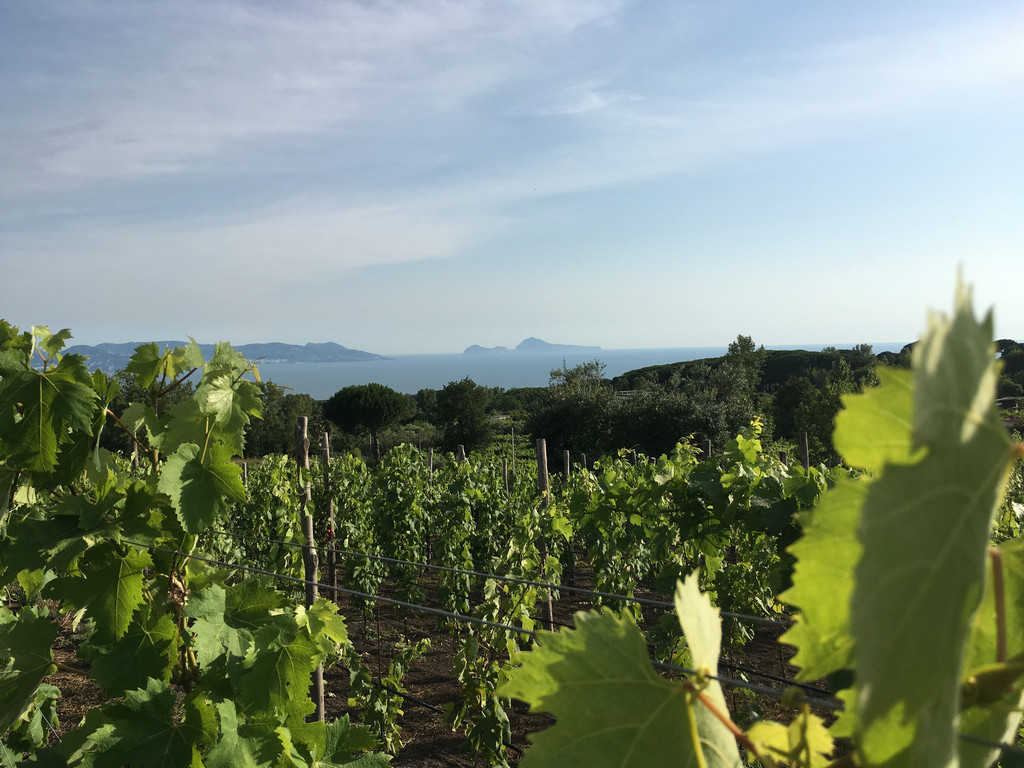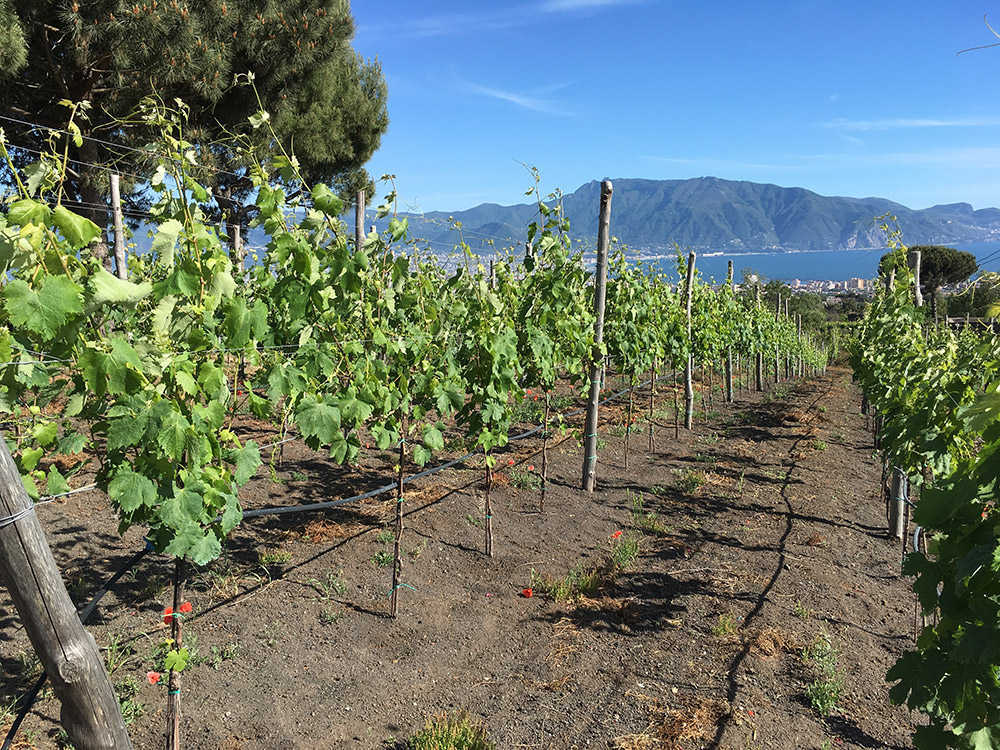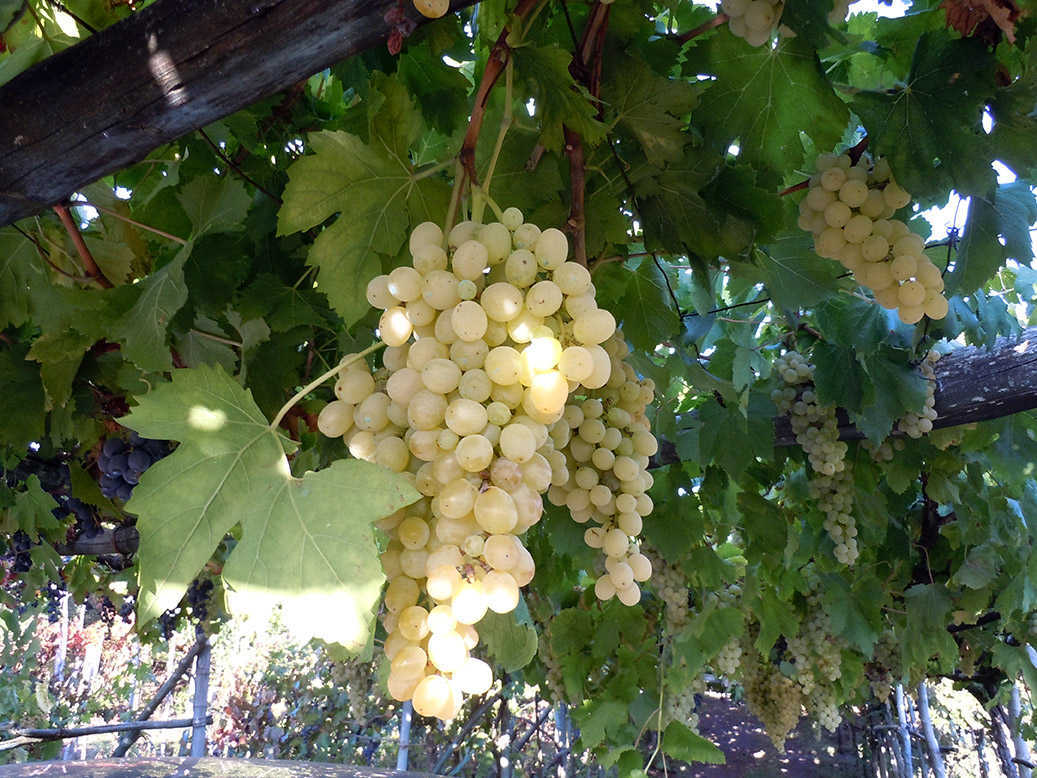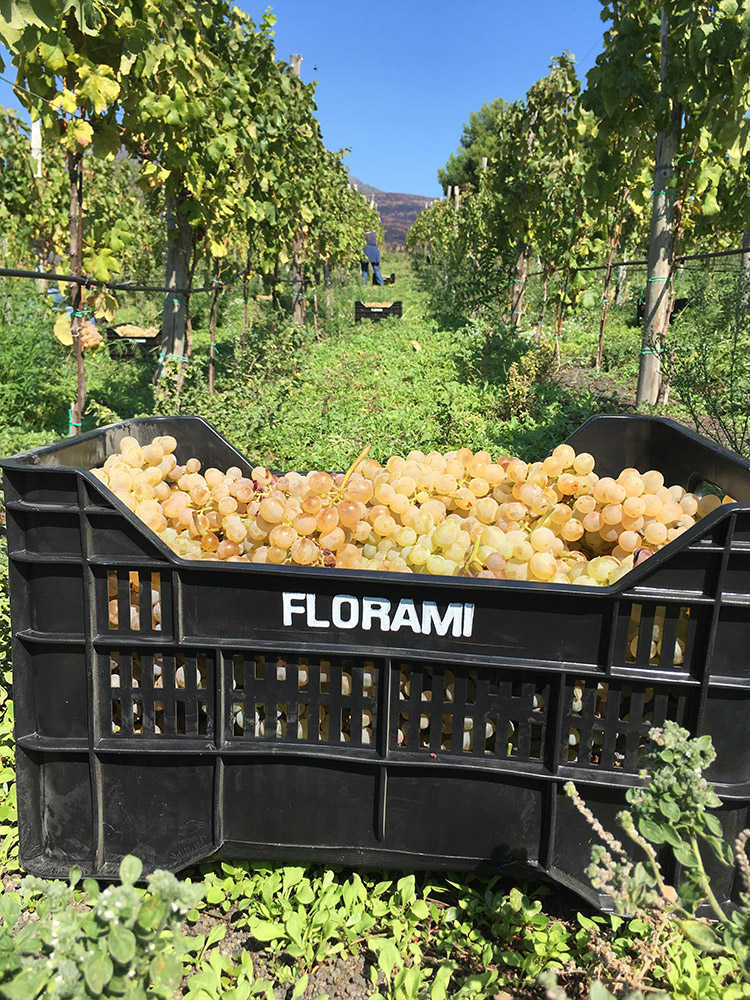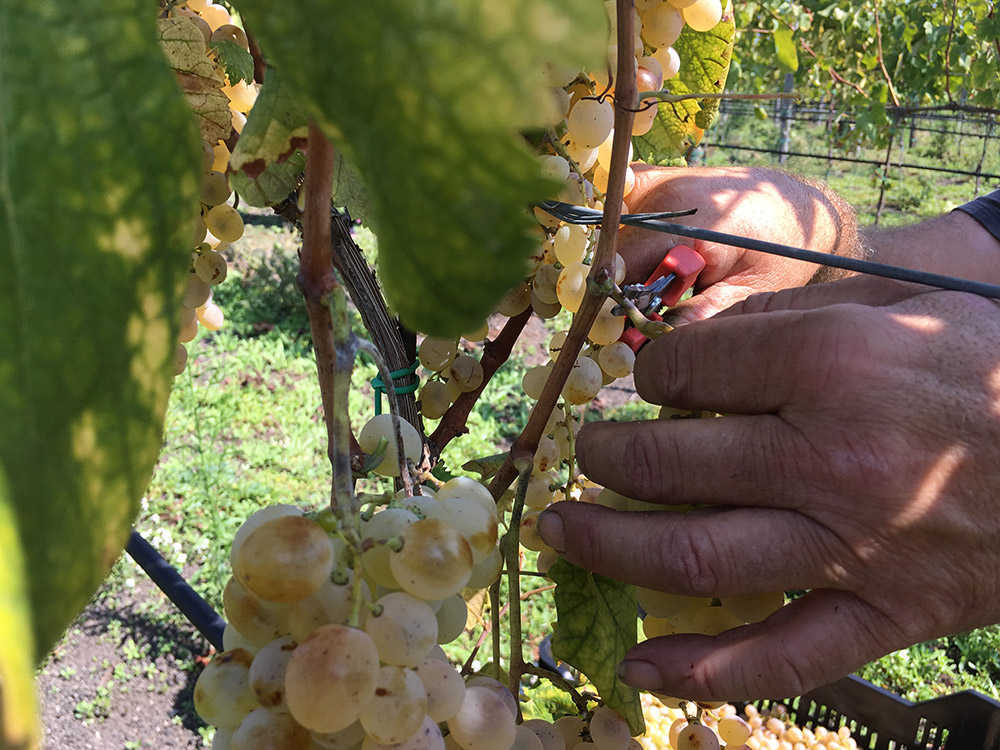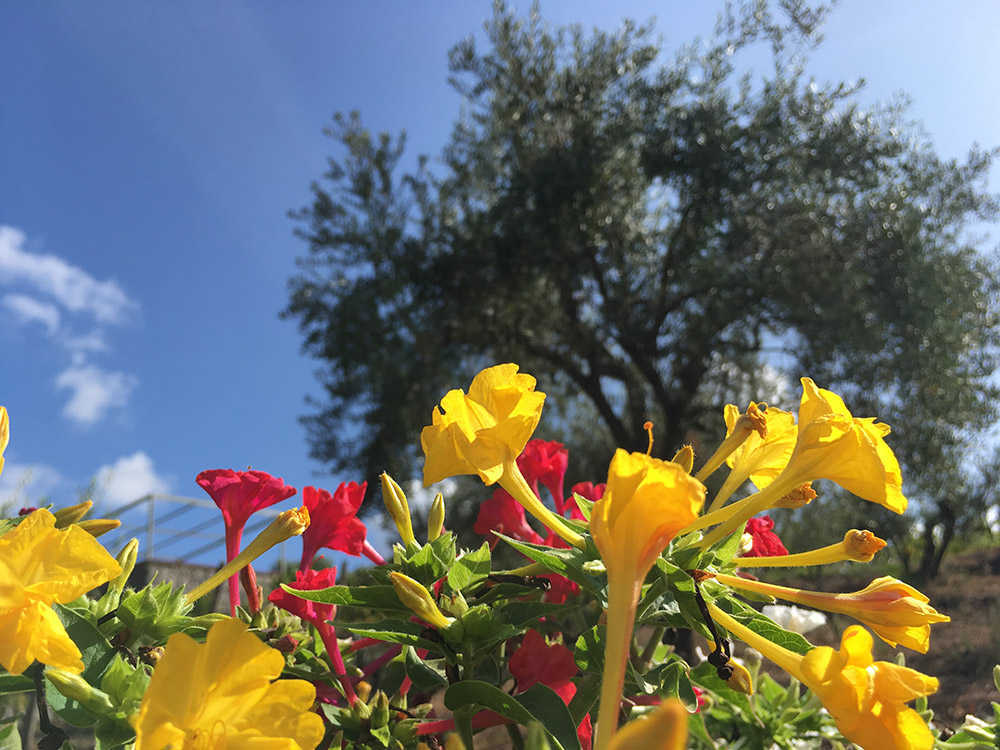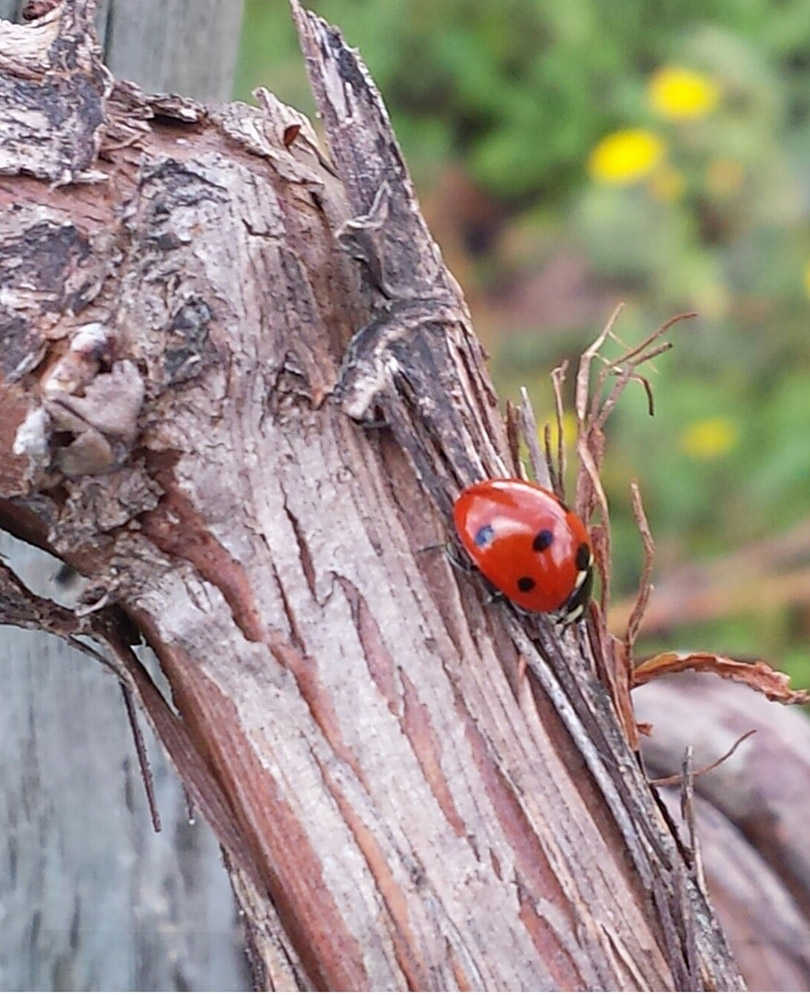Your basket is currently empty!
Vesuvio e territorio
“It is said that Naples has a great enemy, Vesuvius. Who doesn't have any? Elsewhere there is a river, perhaps, elsewhere a lake, elsewhere the pestilent air."
Vesuvius is an explosive and active volcano, whose last eruption took place in 1944. It is located on the south-eastern side of the metropolitan city of Naples, in Campania, in the territory of the national park of the same name established in 1995, symbol of the metropolitan city itself.
His height, as of 2010, is 1,281 m and rises inside a partial caldera of approximately 4 km in diameter, i.e. the remaining part of the previous volcanic building (Mount Somma) which, after the great eruption of 79 AD, suffered the collapse of the southern flank at which the current cone with its crater would have been formed.
The numerous eruptions have made the Vesuvian territory extremely fertile and rich in minerals, especially potassium, iron, phosphorus and silica, making these places particularly suitable for growing vines.
The varieties widespread in the area are Caprettone and Falanghinafor the white berry type, Piedirosso and Aglianico, for the red berry type.
tradition and territory
Ungrafted wine
A now rare technique, to protect the territorial identity of the wines.
Alla fine del XIX secolo la fillossera, insetto della famiglia dei Phylloxeridae, devastò interi vigneti attaccando l’apparato radicale delle viti. Il rimedio che emerse per proteggere la vitis vinifera fu quello di innestarla nella vite americana (selvatica) che risulta resistente alla fillossera.
Nowadays, therefore, almost all productive vineyards are based on grafting onto American vines, inevitably resulting in a loss of the pure identities of our grape varieties.
Phylloxera, however, does not survive in sandy volcanic soil for chemical-physical reasons.
And it is for this reason that our viticulture is "ungrafted", that is, without grafting the cutting of vitis vinifera onto American vines, preserving the various peculiarities of our plants intact. , of their fruits, of the wines that derive from them and distancing, right from the roots, any form of standardization of wine.
Vesuvius, land of millenary traditions
Our wines aim, through an organic approach, to respect the Vesuvian winemaking tradition. The latter, strongly focused on white grape varieties, is divided into the ungrafted technique, as regards viticulture, and the maceration technique, as regards aspects relating to winemaking.



